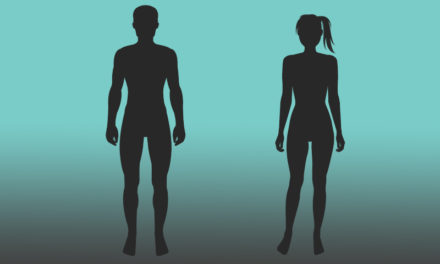I believe I need to make a clarification about the Law (as discussed in the Skeletal System).
The purpose of the moral Law (around which the skeletal system is based in part) has always been for operational purposes, to help us know how to get along with others, ourselves, and God. It has never been a redemptive thing. As we learn the parameters God has established and allow Him to change us into that image, our lives will reflect more and more the character of the Lawgiver and thus bring honor to Him. If you found a nation on this earth where its citizens respected each other and each others property, as well as respected those in authority, and those who were in authority took their positions as a privilege to serve its people honorably, what effect would that have on you? Would you want to live among such a people and in such a government? That’s the effect living God’s Law should have in the communities where God’s children live. It’s not to change US. It’s to change OUR NEIGHBOR (to want to be with God’s people). Changing US is a work of Grace, the work of God’s Spirit in our hearts.
Before we learn how the Law develops (Chapter 9 in the bone study), we must first acquaint ourselves with its components, how it is organized, and what makes Law what it is. That’s what Chapters 1 and 2 are about. There we will see the purpose of grace and mercy and the merits of a Saviour, and how they interact together… and when. And then we will begin to see the beauty in the Law and will be able to exclaim with David, “O how I love your Law. It is my meditation all day long!” (Psalm 119:97)
This is also illustrated in the book What Converted Amun (available upon request). Amun learns that what goes on in the courtyard of the sanctuary takes care of his past burdens of sin and guilt, so when he gets a look into the Holy Place in the sanctuary he is not thinking about what he must now do to be saved, but what he can do to bring honor to the One who saved him. The candlestick, table of shewbread, and altar of incense are not seen as obligations for spiritual life, but rather instruments to heighten his personal acquaintance with the God who saves. It isn’t until he gets into the Most Holy Place that he will learn about the moral code and Judgment Day, and all that goes with it. But by then his relationship with the God who saves is strong and intimate. The Most Holy Place is nothing to fear, for it is the marriage chamber of the soul (where our love for Him is consummated).






